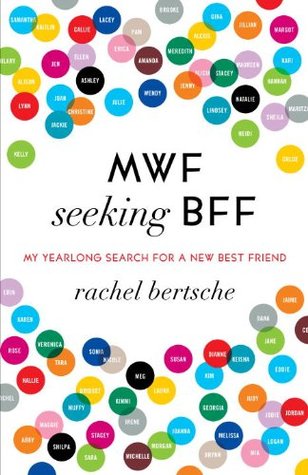More on this book
Community
Kindle Notes & Highlights
Read between
April 2 - April 24, 2024
“Psychologists have long described four major types of friendships,” she wrote. “1) The acquaintance, someone you’d chat with on the street or at a local café, who gives you a sense of belonging; 2) the casual friend, a ‘grab lunch’ pal who often serves a specific purpose, such as a tennis or running partner; 3) the close buddy, an intimate, trustworthy comrade you can say anything to; and 4) the lifer, who’s as deep and forever as family.” Frankel’s research found that women should have 3 to 5 lifers, 5 to 12 close friends, 10 to 50 casuals, and 10 to 100 acquaintances.
According to psychologists Debra Oswald and Eddie Clark’s research, there are four necessary behaviors to make a friendship stick. Self-disclosure, supportiveness, interaction, and positivity.
“Seeing the love between others can make someone feel left out, even if he knows that the others love him as well,” they write. “No one has to be left out to feel left out; a person simply has to believe that the bonds between others are more alive or intense or intimate than their connection with him.”
In The Lonely American, Jacqueline Olds and Richard Schwartz write, “Talking about loneliness in America is deeply stigmatized. We see ourselves as a self-reliant people who do not need to whine about neediness. If a person is going to complain, far better to complain about what someone has done to him (abuse, coercion, rejection) or what diagnoses and addictions he is saddled with; to wistfully describe how lonely he feels is not socially acceptable.”
One study of Swedish men found lack of social support to be one of the two leading risk factors for heart attacks and death from coronary heart disease. The other factor was smoking.
Sociologist Ray Pahl, author of On Friendship, calls these kinds of friends—the ones that you may not see for years but with whom you can always pick up where you left off—“fossil friends.” It’s a rare breed of pal, usually one with whom you’ve shared a significant life experience, but we all have them.


